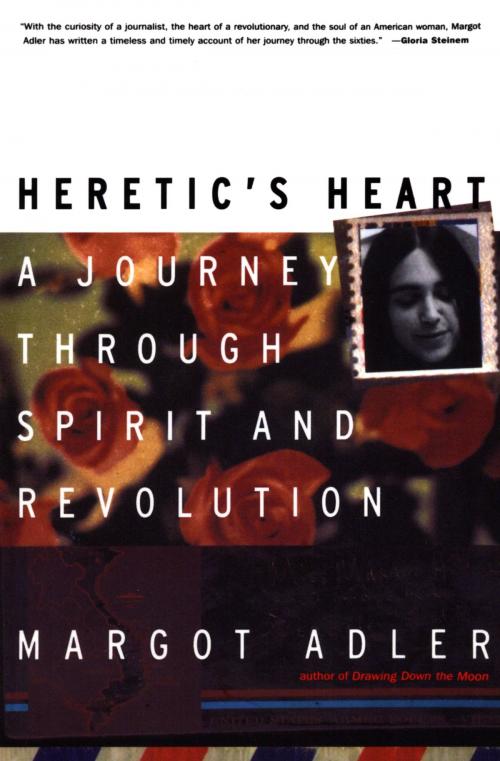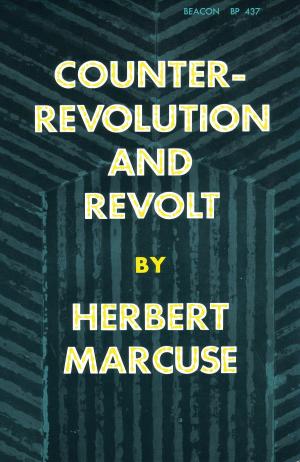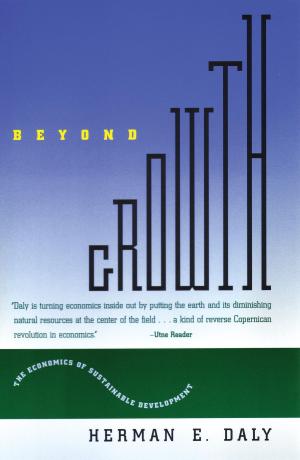Heretic's Heart
A Journey through Spirit and Revolution
Nonfiction, Social & Cultural Studies, Social Science, Gender Studies, Feminism & Feminist Theory, History, Americas, United States, 20th Century, Biography & Memoir| Author: | Margot Adler | ISBN: | 9780807070246 |
| Publisher: | Beacon Press | Publication: | May 28, 2013 |
| Imprint: | Beacon Press | Language: | English |
| Author: | Margot Adler |
| ISBN: | 9780807070246 |
| Publisher: | Beacon Press |
| Publication: | May 28, 2013 |
| Imprint: | Beacon Press |
| Language: | English |
Starting in 1964, writes Margot Adler in this dazzling memoir, “I found myself mysteriously at the center of extraordinary events.” Now a correspondent for National Public Radio, Adler was a young woman determined to be taken seriously and to be an agent of change—on her own terms, free from dogma and authoritarian constraints. From campus activism at the University of California at Berkeley to civil rights work in Mississippi, from antiwar protests to observing the socialist revolution in Cuba, she found those chances in the 1960s. Heretic’s Heart illuminates the events, ideas, passions, and ecstatic commitments of the decade like no other memoir.
At the book’s center is the powerful—and unique—correspondence between Adler, then an antiwar activist at Berkeley, and a young American soldier fighting in Vietnam. The correspondence begins when Adler reads a letter the infantryman has written to a Berkeley newspaper. “I’ve heard rumors that there are people back in the world who don’t believe this war should be. I’m not positive of this though, ’cause it seems to me that if enough of them told the right people in the right way, then something might be done about it. . . . You see, while you’re discussing it amongst each other, being beat, getting in bed with dark-haired artists . . . some people here are dying for lighting a cigarette at night.”
Heretic’s Heart also explores Adler’s attempt to come to terms with her singular legacy as the only grandchild of Alfred Adler, collaborator of Freud and founder of Individual Psychology, and as the daughter of a forceful beauty who bequeaths her spunk and adventurousness to her daughter, but whose overpowering personality forces Adler to strike out on her own. Adler’s memoir marks an initiatory journey from spirit through politics and revolution back to spirit again.
Revealing, funny, joyful, and often wise, Heretic’s Heart will restore the spirit of the 1960s: the passion, the confusion, the sense of social transformation and limitless possibility, and the ecstatic feeling that the world is on the cusp of change.
Starting in 1964, writes Margot Adler in this dazzling memoir, “I found myself mysteriously at the center of extraordinary events.” Now a correspondent for National Public Radio, Adler was a young woman determined to be taken seriously and to be an agent of change—on her own terms, free from dogma and authoritarian constraints. From campus activism at the University of California at Berkeley to civil rights work in Mississippi, from antiwar protests to observing the socialist revolution in Cuba, she found those chances in the 1960s. Heretic’s Heart illuminates the events, ideas, passions, and ecstatic commitments of the decade like no other memoir.
At the book’s center is the powerful—and unique—correspondence between Adler, then an antiwar activist at Berkeley, and a young American soldier fighting in Vietnam. The correspondence begins when Adler reads a letter the infantryman has written to a Berkeley newspaper. “I’ve heard rumors that there are people back in the world who don’t believe this war should be. I’m not positive of this though, ’cause it seems to me that if enough of them told the right people in the right way, then something might be done about it. . . . You see, while you’re discussing it amongst each other, being beat, getting in bed with dark-haired artists . . . some people here are dying for lighting a cigarette at night.”
Heretic’s Heart also explores Adler’s attempt to come to terms with her singular legacy as the only grandchild of Alfred Adler, collaborator of Freud and founder of Individual Psychology, and as the daughter of a forceful beauty who bequeaths her spunk and adventurousness to her daughter, but whose overpowering personality forces Adler to strike out on her own. Adler’s memoir marks an initiatory journey from spirit through politics and revolution back to spirit again.
Revealing, funny, joyful, and often wise, Heretic’s Heart will restore the spirit of the 1960s: the passion, the confusion, the sense of social transformation and limitless possibility, and the ecstatic feeling that the world is on the cusp of change.















